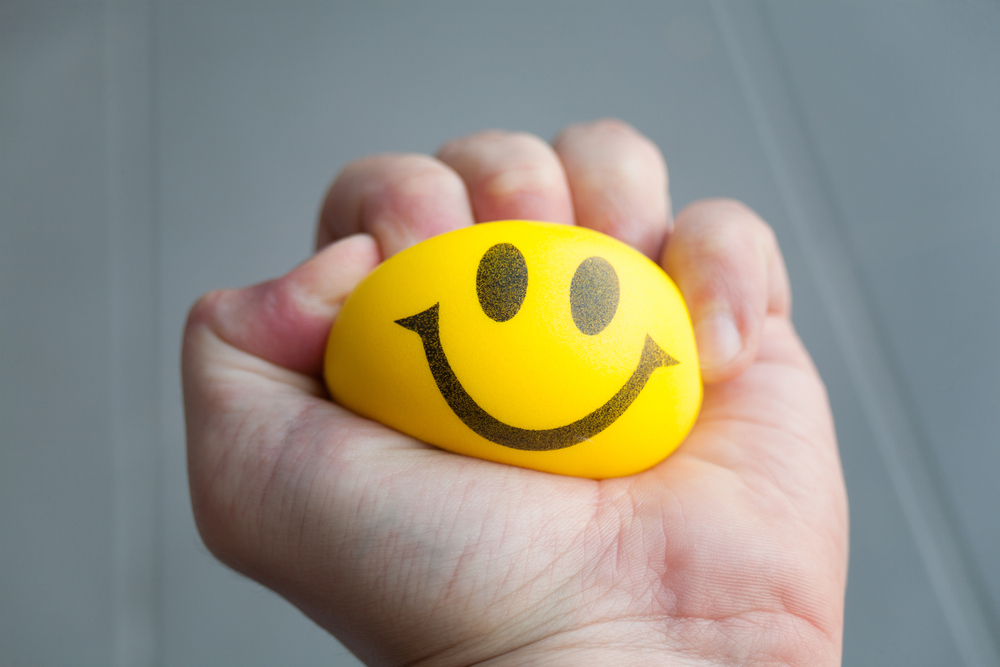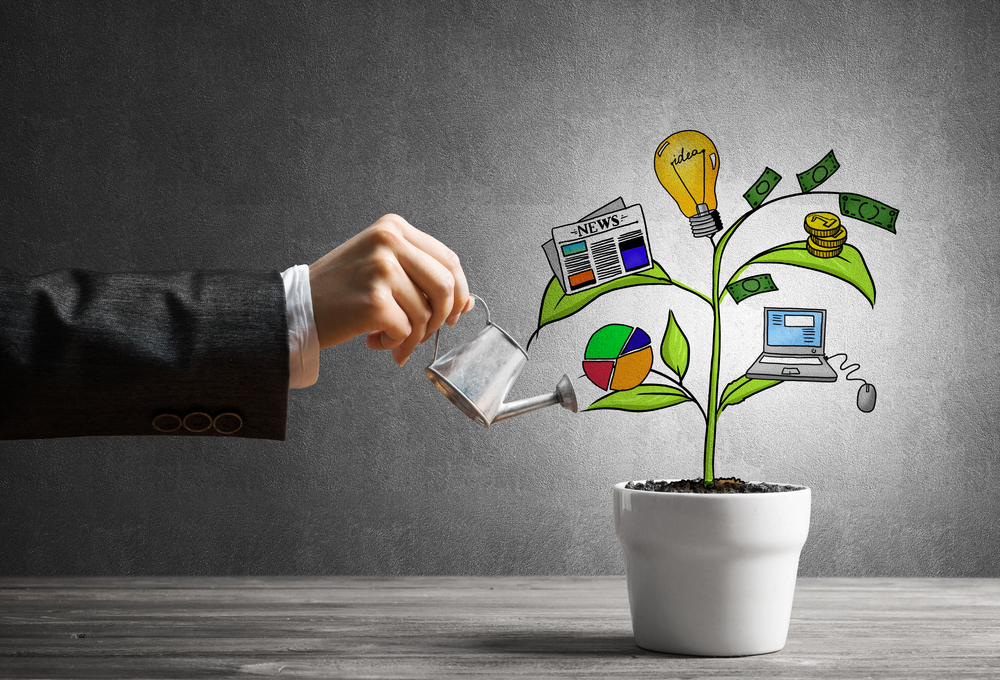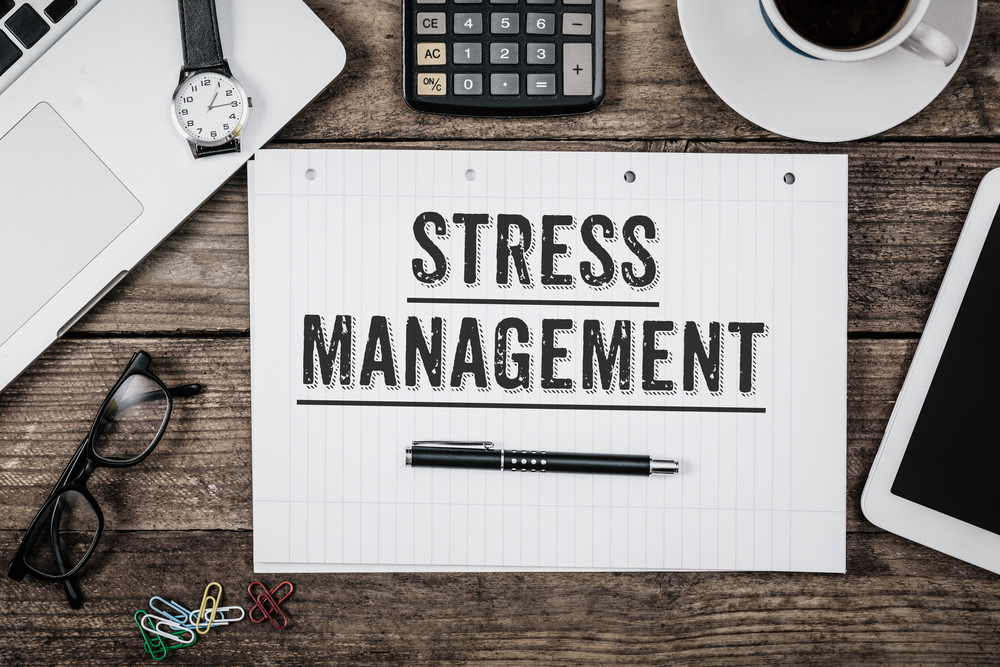The Powerful Connection: Hydration and Stress

Table of Contents
Are you someone who’s no stranger to stress? Perhaps you’re familiar with the feeling of being constantly overwhelmed and mentally depleted. What if I told you that the key to reducing stress levels might be as simple as staying hydrated? In this article, we’ll uncover the crucial connection between hydration and stress, exploring how the two are more intertwined than you may have thought. So, sit back, grab a glass of water, and discover the essential relationship between hydration and stress that you need to know.
Understanding Stress

Before we dive into how staying quenched might keep your worries at bay, let’s talk about stress. It’s that not-so-great feeling when you’ve got too much on your plate, and everything starts to feel like it’s a bit too much. When we stress out, our bodies go into “fight or flight” mode, and that can cause a bunch of reactions inside us that wear us down over time. But, believe it or not, something as simple as drinking enough water can help keep that stress monster under control.
The Physiology of Stress
Stress isn’t just in your head—it’s a physical reaction too. When you’re stressed out, your body goes into what’s called “fight or flight” mode. This is your body’s ancient way of getting ready to face danger. Your body releases hormones like adrenaline and cortisol, which make your heart beat faster, tensing up muscles and giving you a quick burst of energy.
This response was super useful way back when humans had to dodge sabertooth tigers, but today’s stressors are more like a pile of homework or a tough day at school. Even though the threats have changed, our body’s reaction hasn’t. Over time, being in a constant state of alert can wear you down. It’s like revving a car engine for hours on end—not only does it burn through fuel, but it can also cause some serious wear and tear.
The Role of Hydration

Have you ever thought about how important water is for your body? It’s like oil in a car engine – without it, things just won’t run smoothly. Every cell in your body needs water to function properly. When you’re well-hydrated, your body can perform at its best, keeping you feeling good both inside and out. Let’s dive into the power of water and uncover its incredible impact on the body.
Water and Its Impact on the Body
You might think of water just as something that quenches your thirst, but it’s so much more than that. Every single cell in your body needs water to work right. It’s like the oil that keeps your body’s engine running smoothly. Without enough water, things start to go haywire, and your body can’t perform at its best.
Water has a laundry list of important jobs in your body. It helps keep your temperature normal, gets rid of waste through urine, perspiration, and bowel movements, and protects delicate tissues. If you don’t get enough water, basic functions like these start to suffer, leaving you feeling off your game. So when you’re reaching for a drink, remember, you’re not just satisfying your thirst, you’re giving your body what it needs to tackle the day.
The Link Between Hydration and Stress

Ever wondered how something as simple as drinking water could affect your stress levels? Dehydration and stress might seem like distant cousins at first glance, but they’re actually close relatives in the family of health. They dance together in our bodies, with dehydration often leading the tango, as it can ramp up our stress responses. But when we flip the script and stay on top of our water intake, we have a built-in stressbuster at our beck and call. So, let’s dive into the fascinating dynamics of this relationship, and learn how to keep our cool with the help of a water bottle.
Dehydration and Stress Levels
Did you know that not drinking enough water can ramp up your stress levels? That’s right, dehydration is like adding fuel to the stress fire. When your body lacks water, it goes into a sort of panic mode. This causes the stress hormone cortisol to shoot up, making you feel even more on edge.
But it’s not just about feeling stressed. Dehydration can mess with your ability to think straight and mess with your concentration. Imagine trying to solve a tough math problem with your brain feeling all foggy—that’s what dehydration does to you. It’s like trying to run a marathon with your legs tied together, hardly ideal! So, keep that water bottle close, because your stress levels depend on it.
Hydration as a Stress Buster
Ever noticed how a big gulp of water can feel like a sigh of relief? That’s because water is a secret weapon against stress. When we are well-hydrated, our bodies have a better shot at tackling tense moments. Water helps our brains to function properly, and a smoothly running brain keeps us cool and collected.
Here’s an interesting fact: our brains are about 75% water! So, when we’re low on H2O, our minds can get a bit fuzzy. Maintaining a steady intake of water keeps our thought process clear and our mood more stable. Think of it as keeping your inner zen garden watered – it’s all about balance and flow. So don’t underestimate the power of a water bottle; it’s like carrying a peacekeeper with you all day long.
Effective Hydration Strategies

Knowing all about the tie between water intake and stress is one thing, but putting that knowledge into action is where the real magic happens. Staying on top of your hydration game can play a big part in keeping stress at bay. Next up, we’re diving into some super actionable and easy-to-follow tips that will help you maintain your hydration levels and, by extension, manage those pesky stress levels. Let’s get you equipped with some effective hydration tactics that will not only quench your thirst but may also soothe your mind.
Tips for Staying Hydrated
Drinking enough water might seem simple, but many of us forget to do it until we’re really thirsty. That’s often too late, especially when it comes to keeping stress at bay. To make sure you’re well-hydrated, start by carrying a water bottle with you wherever you go. This way, you can take sips throughout the day without even thinking about it.
Another tip is to add some flavor to your water. If you’re not excited about the taste of plain water, try infusing it with fruits like lemon, lime, or berries. This can make your hydration efforts feel more like a treat and less like a chore. And don’t forget to drink water before meals; it’s an easy habit that helps you remember to stay hydrated and can also help with digestion.
Hydration and Mindfulness
When tackling stress, mindfulness is a super-hero skill— it’s all about staying in the moment, aware of your thoughts and body. And guess what? Drinking water can be a great mindfulness practice. By paying attention to your thirst and regularly hydrating, you’re not just keeping your body happy, you’re also giving your mind a moment to focus on the present.
Imagine this: each sip as a pause button for life’s craziness. Whether you’re sipping from a bottle, glass, or even a hydration pack, use that moment to check in with yourself. How are you feeling? What do you need? These mini breaks can work magic for stress relief, turning a simple task like drinking water into a calming ritual.
Hydration-Focused Stress Management

When you’re feeling the heat of a stress-filled day, it’s easy to overlook the power of a simple glass of water. Yet, making sure we drink enough isn’t just good for our physical health, it’s also a stealthy ally in the battle against stress. Let’s explore how a hydration-focused approach can transform the way we handle life’s pressures and improve our overall stress management techniques.
Incorporating Hydration into Stress Management Techniques
Ever heard the saying “cool as a cucumber”? Well, staying chilled out might have more to do with being hydrated than we ever considered! When we’re stressing out, reaching for a glass of water might be the last thing on our minds. But making sure we’re properly hydrated can be a savvy secret weapon in our stress-busting arsenal.
Water isn’t just good for keeping our bodies running smoothly—it’s also critical for maintaining a calm state of mind. Here’s a concept: imagine adding ‘hydration breaks’ into your daily routine, just like coffee breaks, but with water! Or, try carrying around a water bottle as a physical reminder to take sips regularly, keeping both your body and mind refreshed. It’s about creating a habit that links taking a drink to taking a breath. And before you know it, you’re managing stress with every gulp.
Conclusion
As we delve deeper into the fascinating relationship between hydration and stress, it becomes clear that the two are not just coincidental companions but integral influencers of our well-being. By understanding the crucial connection and implementing effective hydration strategies, you can take a proactive step towards managing and alleviating stress in your daily life. So, raise a toast to hydration and bid farewell to unnecessary stress as you embrace the powerful duo of well-being and hydration.
FAQs
1. Why is hydration important for stress?
- Proper hydration helps maintain optimal bodily functions, including those involved in stress response. Dehydration can exacerbate stress and impair cognitive functions, making it crucial to stay hydrated during stressful periods.
2. What is the link between stress and dehydration?
- Stress can lead to increased water loss through sweating and elevated cortisol levels, contributing to dehydration. Dehydration, in turn, can amplify stress symptoms, creating a cyclical relationship between stress and inadequate hydration.
3. Why is hydration important?
- Hydration is vital for numerous physiological functions, including temperature regulation, nutrient transportation, and waste elimination. It supports overall health, energy levels, and cognitive function.
4. What is the relationship between hydration and anxiety?
- Dehydration can potentially exacerbate anxiety symptoms, as it may affect neurotransmitter function and increase cortisol levels. Maintaining proper hydration is essential for supporting a balanced and healthy nervous system.
5. How does hydration affect mental health?
- Adequate hydration is crucial for optimal brain function. Dehydration can impair cognitive abilities, mood regulation, and increase the risk of mental fatigue, all of which can contribute to mental health challenges.
6. Does hydration affect mental health?
- Yes, hydration plays a significant role in mental health. Insufficient water intake can negatively impact cognitive performance, mood stability, and overall mental well-being.
7. What is most important for hydration?
- Water intake is the primary factor for hydration. Consuming an adequate amount of water daily is essential for maintaining bodily functions and promoting overall health.
8. What are 3 reasons why water is important?
- a. Cellular Function: Water is crucial for cellular processes, including nutrient absorption and waste removal.
- b. Temperature Regulation: It helps regulate body temperature through processes like sweating.
- c. Joint Lubrication: Water contributes to joint health by providing lubrication for smoother movement.
9. What hydrates better than water?
- While water is the most effective hydrating beverage, certain alternatives like sports drinks or coconut water can provide electrolytes and nutrients, which may be beneficial in specific situations. However, for general hydration, water remains the best choice.
Useful resources
- Dehydration and Anxiety: Understanding the Connection: https://www.healthline.com/health/anxiety/dehydration-and-anxiety
- Toolbox Talk – Hydration and Mental Health: The Crucial Link: https://www.linkedin.com/in/lindsay-huguet-78b52897
- The Surprising Link Between Hydration And Mental Health: https://modernminds.com.au/journal/latest/the-surprising-link-between-hydration-and-mental-health








This is my first time pay a quick visit at here and i am really happy to read everthing at one place
thanks a lot
There is definately a lot to find out about this subject. I like all the points you made
thanks a lot that helps me to keep sharing
I don’t think the title of your article matches the content lol. Just kidding, mainly because I had some doubts after reading the article.
Thanks for sharing. I read many of your blog posts, cool, your blog is very good.